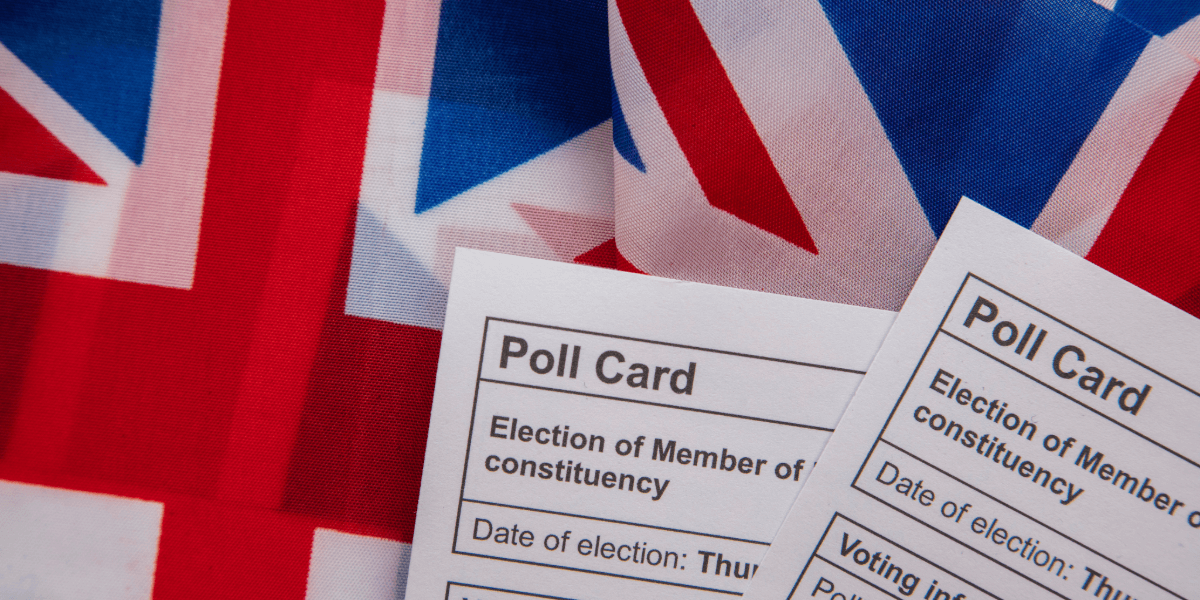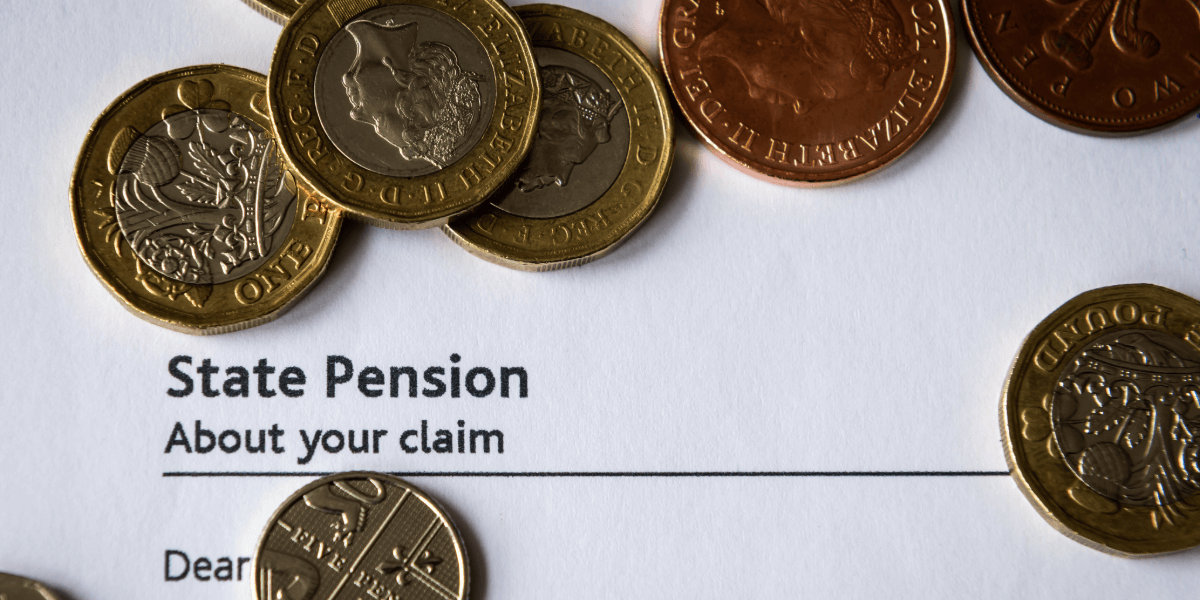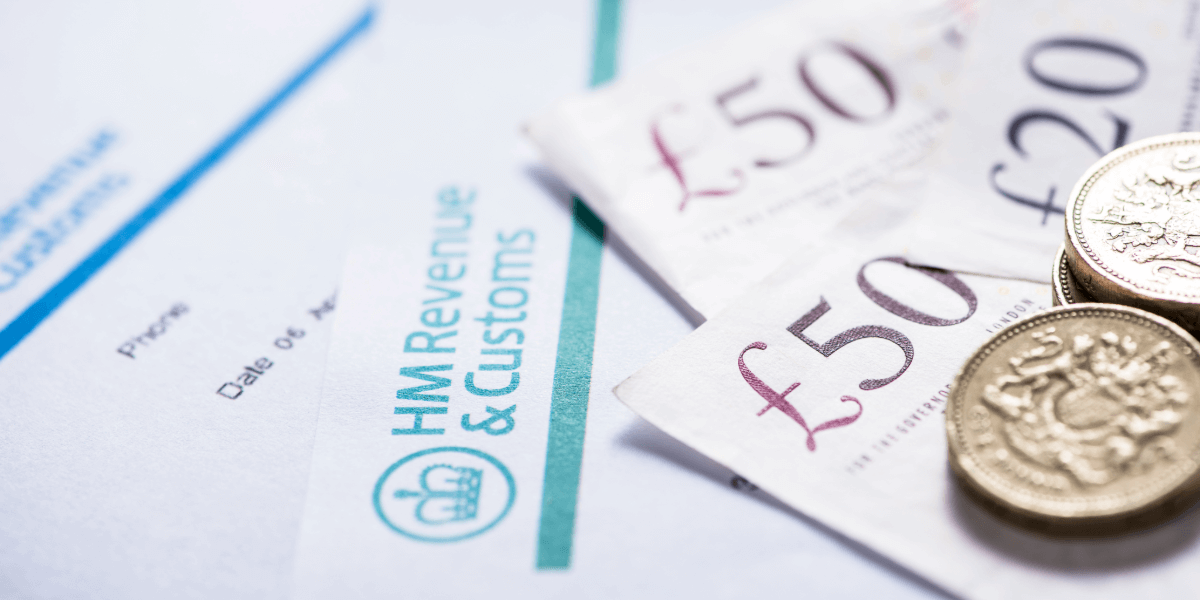Point of View - Election Promises and the Financial Reality
Posted by Stelios on 23rd Jun 2024 Reading Time:
As the general election looms, all the major parties make grand tax promises. Labour, the Conservatives, and the Liberal Democrats have plans to woo voters. But let's be honest for a moment: what do these promises mean for our wallets, especially for those of us running businesses.

Labour and the Conservatives have sworn not to raise income tax, National Insurance, or VAT for five years. It sounds fantastic, right? But here's the rub: these three taxes bring in about two-thirds of the government's revenue. By promising not to touch them, the next government will be tying its own hands financially.
The Institute for Fiscal Studies (IFS) has already warned that this pledge is a mistake. The Conservatives want to cut National Insurance by 2p, costing £10 billion a year, and abolish the main rate for the self-employed, costing another £2 billion over five years. If you earn £35,000 a year, this might save you £450 annually. However, with the freeze on income tax and national insurance thresholds, savings will drop to £260 by 2028. Not exactly a game-changer.
The Liberal Democrats want to reform the Capital Gains Tax (CGT) to raise £5 billion annually for health and social care. They're proposing a tiered system with 20%, 40%, and 45% rates and increasing the annual tax-free allowance from £3,000 to £5,000. Meanwhile, Rishi Sunak offers a two-year CGT break for landlords selling to tenants.
The Conservatives promise to abolish stamp duty for first-time buyers on homes up to £425,000. On the other hand, Labour wants to increase the stamp duty surcharge for foreign buyers from 2% to 3%, raising £40 million. The Liberal Democrats also have some interesting ideas, like taxing frequent flyers more and imposing a "super tax" on private jets.
Despite these promises, the UK's financial situation is dire. Taxes are at a 70-year high, and our national debt is ballooning. The Office for Budget Responsibility (OBR) predicts an additional £87 billion in debt this year alone. Our debt-to-GDP ratio is nearing 100% and could soon hit the 112% level that recently saw France's credit rating downgraded.

On top of that, we have over £200 billion in outstanding student debt and £2.6 trillion in unfunded public-sector pensions. A few tweaks to the tax system will not fix this mess. The OBR has pointed out that our tax burden is set to rise to 37.7% of GDP by 2027—the highest ever. Even high-tax Labour chancellors of the 1970s didn't reach these levels.
These tax policies feel like rearranging deckchairs on the Titanic. We're already dealing with high operating costs, and any significant tax hikes could be the final nail in the coffin for many small businesses.
No matter who wins, higher taxes are coming. Freezing tax thresholds is a stealth tax that will pull millions into higher brackets. By the end of the next Parliament, nearly four million more people will pay the basic income tax rate for the first time, while millions will be dragged into higher rates. Even with Conservative tax cuts, stealth taxes will rake in £23 billion by the end of the next Parliament.

Helen Miller from the IFS put it succinctly: "Taxes are still going to reach their highest level since 1949." Labour's ambitious plans for the NHS, education, and clean energy require funding that their proposed tax increases alone can't cover.
As business owners, we must prepare for a future where taxes will inevitably rise. The promises being made now are not sustainable without significant cuts in spending or other sources of revenue. We must brace ourselves for the impact on our businesses and plan accordingly.
In the end, it's crucial to see beyond the election rhetoric and understand the fiscal realities that lie ahead. Higher taxes are not just a possibility; they're a certainty. Let's prepare and adapt to ensure our businesses can weather the storm.

